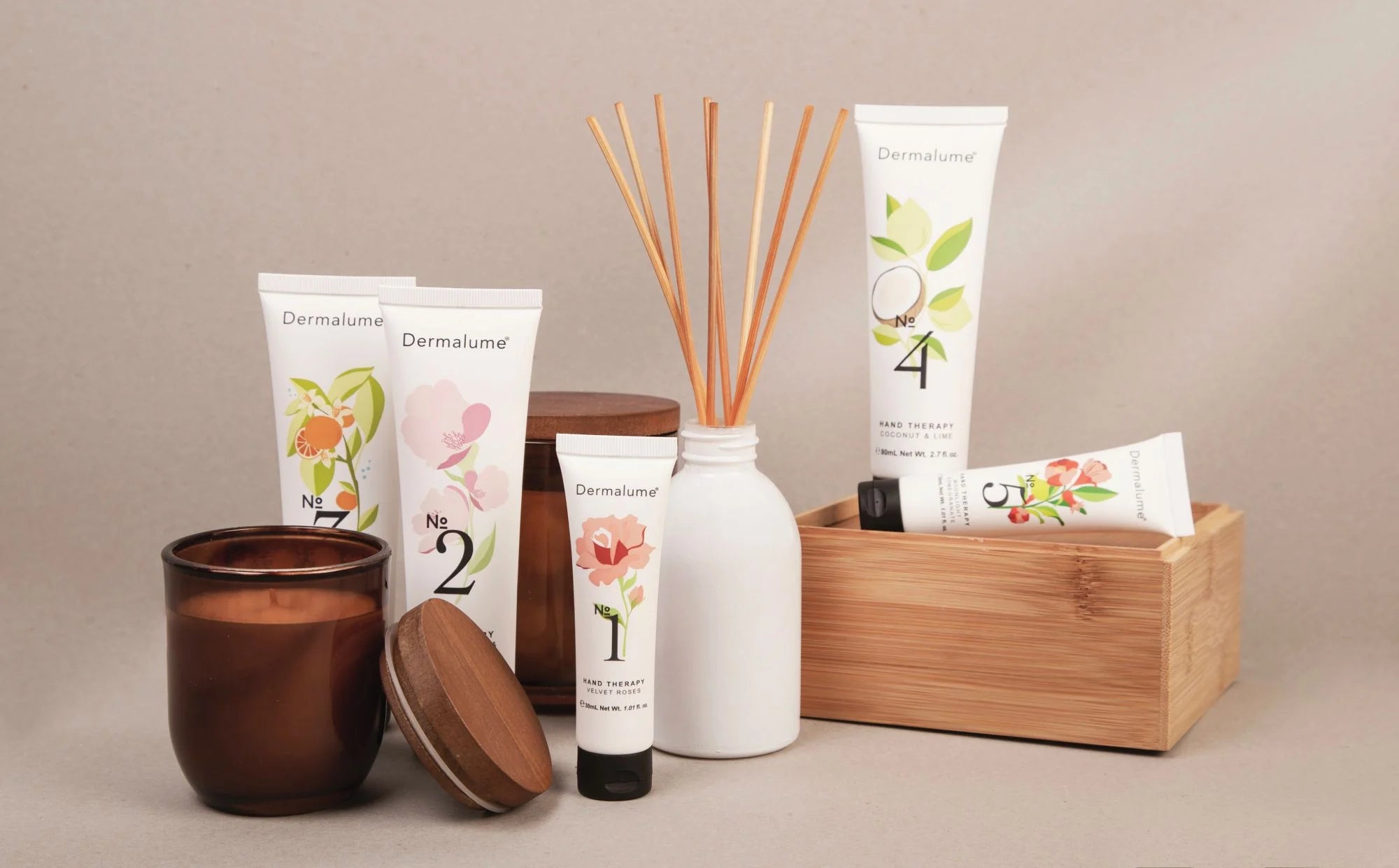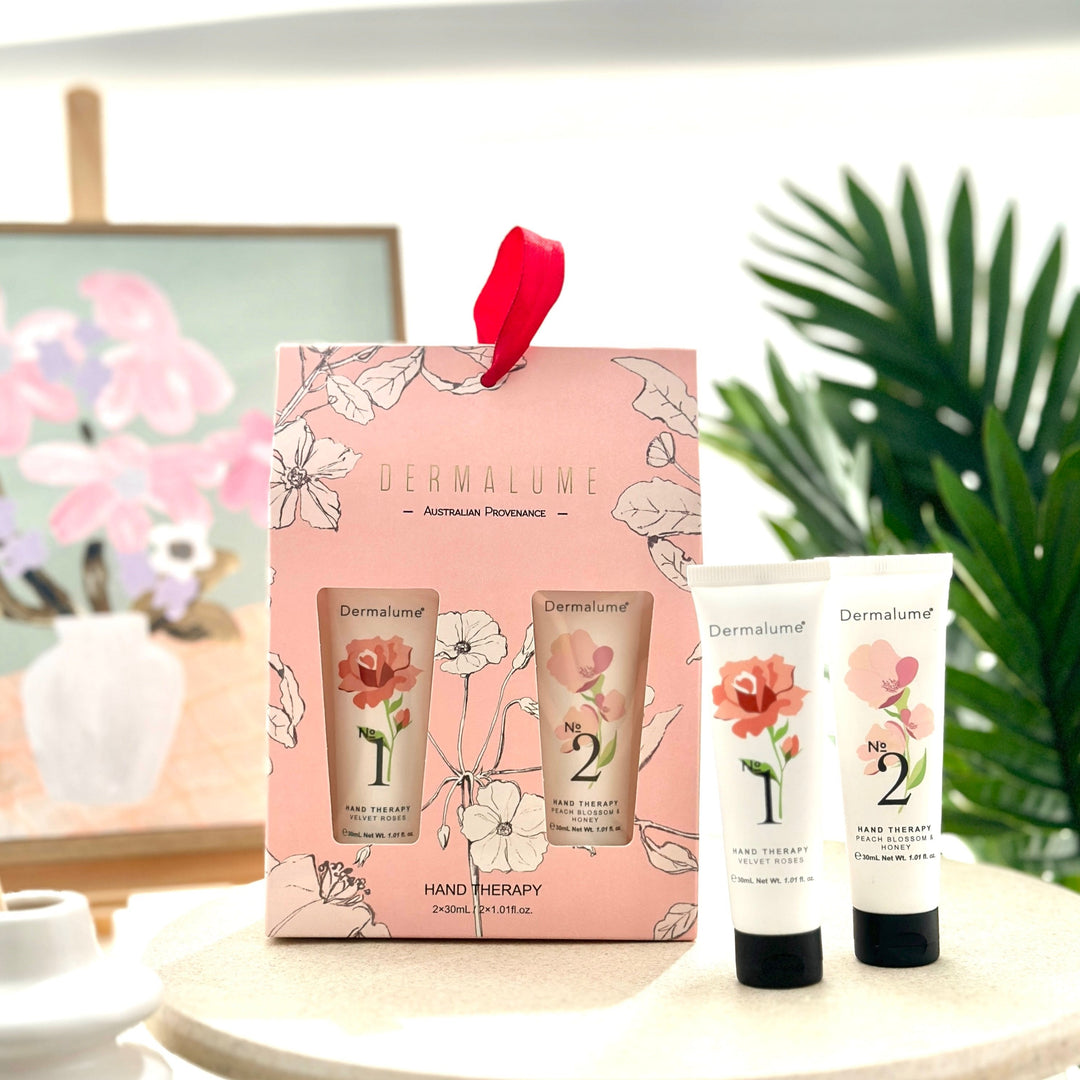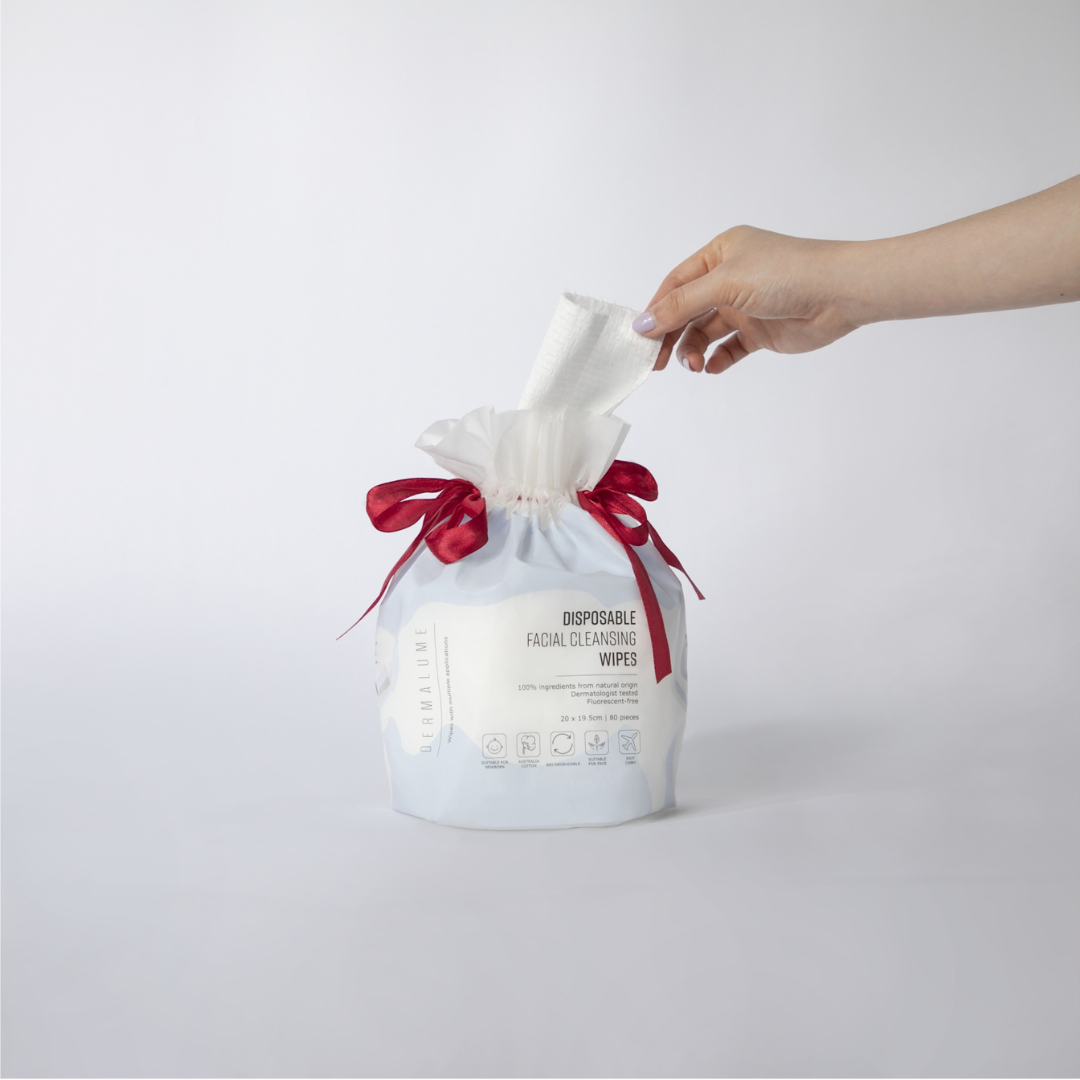Top 10 Face Masks for Every Skin Typ
Before we get into the specifics, it's important to understand what face masks do. Masks are designed to deliver concentrated treatments to tackle specific skincare concerns. They can help with everything from hydrating dry skin to purifying clogged pores. When used regularly, they can significantly improve your skin's overall health and appearance.
The Science Behind Face Masks
Face masks work by delivering active ingredients to your skin in a concentrated form. Unlike daily skincare products like moisturizers and serums, masks are designed to remain on the skin for a longer period, allowing deeper penetration of beneficial ingredients. This extended contact time can amplify the effects of the active ingredients, providing a more noticeable impact after just one use.
Types of Face Masks
There are various types of face masks available, each serving a unique purpose. Clay masks are great for detoxifying, while gel masks offer a cooling, hydrating experience. Sheet masks are convenient and provide intense hydration, whereas peel-off masks can help with exfoliation and removing impurities. Understanding the different types can help you choose the right one for your skin's needs.
Benefits of Regular Masking
Incorporating face masks into your skincare routine offers numerous benefits. Regular use can lead to improved skin texture, reduced blemishes, and a more radiant complexion. Masks can also serve as a form of self-care, offering a relaxing experience that can help reduce stress, which is beneficial for your skin as stress can lead to breakouts and other issues.
Top Face Masks for Oily Skin
Oily skin can often feel greasy and is prone to breakouts due to excess sebum production. Selecting the right face mask can help manage oil levels and keep your skin clear.
1. Clay Masks
Clay masks are a go-to for those with oily skin. They work by absorbing excess oil and reducing shine. Bentonite and kaolin are popular clays used in these masks, known for their ability to draw out impurities and tighten pores.
Bentonite Clay Benefits
Bentonite clay is a powerhouse for oily skin. It not only absorbs excess oil but also removes dirt and toxins from the skin's surface. This type of clay has strong detoxifying properties, making it ideal for those who struggle with acne or frequent breakouts.
Kaolin Clay's Gentle Touch
Kaolin clay is perfect for those with sensitive, oily skin. It offers mild exfoliation while absorbing excess oil, leaving the skin feeling fresh without causing irritation. Its gentle nature makes it a suitable choice for regular use.
How Often to Use Clay Masks
For oily skin, using a clay mask 1-2 times a week can help control oil production without over-drying the skin. Consistency is key, but it's also crucial to follow up with a moisturizer to ensure your skin remains balanced.
2. Charcoal Masks
Charcoal masks are another excellent option for oily skin. Activated charcoal acts like a magnet, pulling out dirt and oil from your skin. These masks are great for detoxifying and can help prevent breakouts.
The Power of Activated Charcoal
Activated charcoal is known for its ability to bind to impurities and toxins, effectively purifying the skin. It's particularly beneficial for those dealing with blackheads and enlarged pores, as it can help to minimize their appearance over time.
Benefits Beyond Detoxification
In addition to detoxifying the skin, charcoal masks can also help soothe inflammation and reduce redness. This makes them suitable not only for oily skin but also for skin that is prone to irritation and sensitivity.
Tips for Using Charcoal Masks
When using charcoal masks, it's important not to overuse them as they can be drying. Once a week is typically sufficient, and always ensure to moisturize afterward to maintain your skin's moisture balance.
Best Masks for Dry Skin
Dry skin can feel tight, rough, and may be prone to flakiness. The right face mask can provide the hydration and nourishment needed to restore its suppleness.
3. Hydrating Gel Masks
Gel masks are soothing and hydrating, making them perfect for dry skin. They often contain ingredients like aloe vera, hyaluronic acid, and cucumber to provide a burst of moisture. These masks can leave your skin feeling refreshed and rejuvenated.
Buy Dermalume Hydrated Sheet Mask
The Magic of Hyaluronic Acid
Hyaluronic acid is a star ingredient in gel masks for its ability to attract and retain moisture. It can hold up to 1000 times its weight in water, making it exceptionally effective at plumping and hydrating the skin.
Aloe Vera's Soothing Properties
Aloe vera is not only hydrating but also soothing, making it ideal for dry, irritated skin. Its anti-inflammatory properties can help calm redness and irritation, providing immediate relief for dry skin conditions.
Ideal Usage Frequency
For dry skin, gel masks can be used 2-3 times a week to maintain hydration levels. They are gentle enough for frequent use and can be incorporated into your nightly skincare routine for optimal results.
4. Sheet Masks
Sheet masks are soaked in a hydrating serum and are designed to be left on the skin for an extended period. They're convenient and deliver intense hydration, thanks to ingredients like glycerin and ceramides.
Glycerin's Hydration Boost
Glycerin is a humectant that draws moisture into the skin, providing an instant hydration boost. It's a common ingredient in sheet masks because of its ability to deeply moisturize and smooth the skin's surface.
The Role of Ceramides
Ceramides help to restore the skin's natural barrier, preventing moisture loss and protecting against environmental damage. Including ceramides in sheet masks ensures that your skin remains hydrated and resilient.
Making the Most of Sheet Masks
For maximum benefits, use sheet masks 1-2 times a week. They are perfect for a quick hydration boost and can be used before special occasions or events for a glowing complexion.
Ideal Masks for Sensitive Skin
Sensitive skin requires gentle care and products that won't cause irritation. The right face mask can calm and soothe while providing the necessary nourishment.
5. Calming Aloe Masks
For those with sensitive skin, calming masks with aloe vera can be a lifesaver. Aloe is known for its soothing properties, helping to reduce redness and irritation. These masks are gentle and perfect for calming inflamed skin.
Aloe Vera's Healing Touch
Aloe vera is celebrated for its healing properties, making it suitable for sensitive skin that is prone to irritation and redness. It can provide instant relief and promote healing of minor skin issues.
Incorporating Chamomile
Chamomile is another soothing ingredient often found alongside aloe in calming masks. It has anti-inflammatory properties that can further reduce redness and calm sensitive skin.
Frequency of Use
Calming masks can be used 1-2 times a week, or as needed during flare-ups. They are gentle enough for frequent use and can be a soothing addition to your skincare routine.
6. Oatmeal Masks
Oatmeal masks are another great choice for sensitive skin. Oatmeal is a natural anti-inflammatory and can soothe irritation while providing gentle exfoliation. It's perfect for those with redness or sensitivity issues.
The Benefits of Colloidal Oatmeal
Colloidal oatmeal is a finely ground form of oatmeal that provides soothing relief for sensitive skin. It helps to lock in moisture and create a protective barrier against irritants.
Exfoliation for Sensitive Skin
Oatmeal offers a gentle form of exfoliation, helping to remove dead skin cells without causing irritation. This makes it ideal for sensitive skin that may react to harsher exfoliants.
Best Practices for Oatmeal Masks
Use oatmeal masks once a week to maintain healthy skin and reduce sensitivity. They can be a comforting addition to your skincare routine, especially during the colder months when sensitivity may be heightened.
Effective Masks for Combination Skin
Combination skin can be tricky, as it requires addressing multiple concerns. Masks for combination skin should balance oiliness and provide hydration where needed.
7. Multi-Masking
Combination skin can be tricky, as it requires addressing multiple concerns. Multi-masking involves using different masks on different parts of your face. For example, a clay mask on the T-zone to control oil and a hydrating mask on the cheeks.
The Art of Targeted Treatment
Multi-masking allows for targeted treatment of different skin concerns. By applying specific masks to specific areas, you can address oiliness, dryness, and sensitivity all at once, ensuring each part of your face gets the care it needs.
Choosing the Right Masks
Select masks that cater to the distinct needs of different areas of your face. For instance, use a clarifying mask for oily zones and a hydrating mask for dry patches. This approach ensures a balanced complexion.
Creating a Multi-Masking Routine
Incorporate multi-masking into your skincare routine once a week. It's a versatile method that allows you to customize your skincare regimen and address specific concerns effectively.
8. Balancing Masks
Look for masks labeled as "balancing" or "for combination skin." These are formulated to address both oiliness and dryness simultaneously, helping to maintain an even complexion.
Balancing Ingredients
Balancing masks often contain a blend of ingredients that hydrate dry areas while controlling oil production. Ingredients like green tea and niacinamide can help regulate sebum levels and soothe the skin.
Benefits of Balancing Masks
These masks can help maintain a harmonious complexion by addressing the varying needs of combination skin. They offer the dual benefits of hydration and oil control, making them a valuable addition to any skincare routine.
Incorporating Balancing Masks
Use balancing masks 1-2 times a week to maintain even skin tone and texture. They can be particularly beneficial during transitional seasons when your skin's needs may change.
DIY Masks for Glowing Skin
DIY masks offer a natural and cost-effective way to pamper your skin. Using simple ingredients, you can create masks that nourish and revitalize your complexion.
9. Honey and Yogurt Mask
To create a simple homemade mask for glowing skin, mix equal parts honey and yogurt. Honey is a natural humectant, which means it helps your skin retain moisture, while yogurt has lactic acid, providing gentle exfoliation. Apply the mixture to your face, leave it on for 15 minutes, and rinse with warm water.
The Benefits of Honey
Honey is rich in antioxidants and has antibacterial properties, making it ideal for promoting a healthy complexion. It helps to lock in moisture and provides a natural glow to the skin.
Yogurt's Exfoliating Properties
Yogurt contains lactic acid, a gentle exfoliant that helps to remove dead skin cells and promote cell turnover. This leads to smoother, brighter skin over time.
How Often to Use
This mask can be used 1-2 times a week to maintain a radiant complexion. It's a simple yet effective way to pamper your skin and achieve a natural glow.
10. Banana and Turmeric Mask
For a natural glow, mash a ripe banana and add a pinch of turmeric. Bananas are rich in vitamins and act as a moisturizer, while turmeric can help even out your skin tone. Apply the mask for 10-15 minutes and rinse off for a radiant complexion.
The Power of Bananas
Bananas are packed with vitamins and minerals that nourish the skin. They provide hydration and help to smooth the skin's texture, making them a great base for DIY masks.
Turmeric's Brightening Effect
Turmeric is known for its anti-inflammatory and brightening properties. It can help to even out skin tone and reduce the appearance of blemishes, leaving your skin looking radiant.
Incorporating DIY Masks
Use this mask once a week to enhance your skin's natural glow. It's a simple, natural way to achieve a healthy, luminous complexion using ingredients you likely already have at home.
How to Make a Face Mask at Home
Creating a face mask at home is easy and cost-effective. Here's a simple step-by-step guide:
Step 1: Choose Your Base
Common bases include yogurt, honey, or avocado for their moisturizing and soothing properties. These ingredients provide a nourishing foundation for your mask.
Yogurt as a Base
Yogurt is a fantastic base for DIY masks due to its creamy texture and natural exfoliating properties. It can help to hydrate and gently exfoliate the skin, leaving it soft and smooth.
Honey's Versatility
Honey is an excellent base for masks because of its antimicrobial properties and ability to retain moisture. It works well for all skin types and can be combined with various add-ins to address specific concerns.
Avocado's Richness
Avocado is rich in healthy fats and vitamins, making it an ideal base for dry or mature skin. It provides deep nourishment and leaves the skin feeling supple and hydrated.
Step 2: Select Your Add-ins
Add-ins can include oatmeal for exfoliation, turmeric for brightening, or cucumber for cooling. These ingredients allow you to customize your mask to address your specific skin concerns.
Oatmeal for Exfoliation
Oatmeal is a gentle exfoliant that helps to remove dead skin cells and soothe irritation. It's perfect for sensitive or dry skin types that need a mild exfoliation.
Turmeric's Brightening Properties
Turmeric is an excellent add-in for brightening the complexion and reducing inflammation. It can help to even out skin tone and provide a natural glow.
Cooling Cucumber
Cucumber is known for its cooling and soothing properties. Adding cucumber to your mask can help reduce puffiness and refresh tired skin, making it a great choice for summer months.
Step 3: Mix and Apply
Combine your ingredients until you achieve a smooth consistency. Apply the mixture to your face using clean hands or a brush, ensuring even coverage.
Achieving the Right Consistency
Mix your ingredients until they form a smooth paste. The consistency should be thick enough to stay on your face without dripping but not so thick that it's difficult to apply.
Application Tips
Use clean hands or a brush to apply the mask evenly. Avoid the eye area and ensure all desired areas are covered for optimal results.
Letting the Mask Work
Allow the mask to sit on your skin for 10-20 minutes, giving the ingredients time to penetrate and work their magic. Use this time to relax and unwind.
Step 4: Relax and Rinse
Leave the mask on for 10-20 minutes, depending on the ingredients, and then rinse off with lukewarm water. Follow up with your favorite moisturizer to lock in hydration.
The Relaxation Factor
Use the time while your mask is on to relax. Listen to music, read a book, or practice deep breathing to enhance your self-care experience.
Rinsing Off
Use lukewarm water to gently rinse off the mask. Avoid using hot water as it can strip the skin of natural oils, leading to dryness and irritation.
Post-Mask Care
After rinsing, apply a moisturizer to lock in hydration and protect your skin barrier. This step ensures your skin remains soft and supple after the mask treatment.
Conclusion
The best face mask for you depends on your skin type and specific concerns. Whether you opt for a store-bought option or decide to make a homemade mask, incorporating face masks into your skincare routine can make a significant difference. Consistency is key, so find a mask that works for you and use it regularly to see the best results.
Finding Your Perfect Mask
With the variety of masks available, finding the perfect one for your skin type and concerns may take some trial and error. Don't be afraid to experiment with different masks and ingredients to discover what your skin loves.
The Importance of Patch Testing
Remember, your skin is unique, and what works for one person might not work for another. It's always a good idea to do a patch test when trying out a new product or DIY recipe, especially if you have sensitive skin. This simple step can prevent adverse reactions and ensure the mask is safe for your skin.
Achieving Your Skincare Goals
Explore these top face masks and discover which one makes your skin feel its best. With the right mask, you'll be on your way to achieving that glowing, healthy complexion you've always wanted. Embrace the journey to healthier skin and enjoy the benefits of regular masking.
How would you rate this content?




Leave a comment